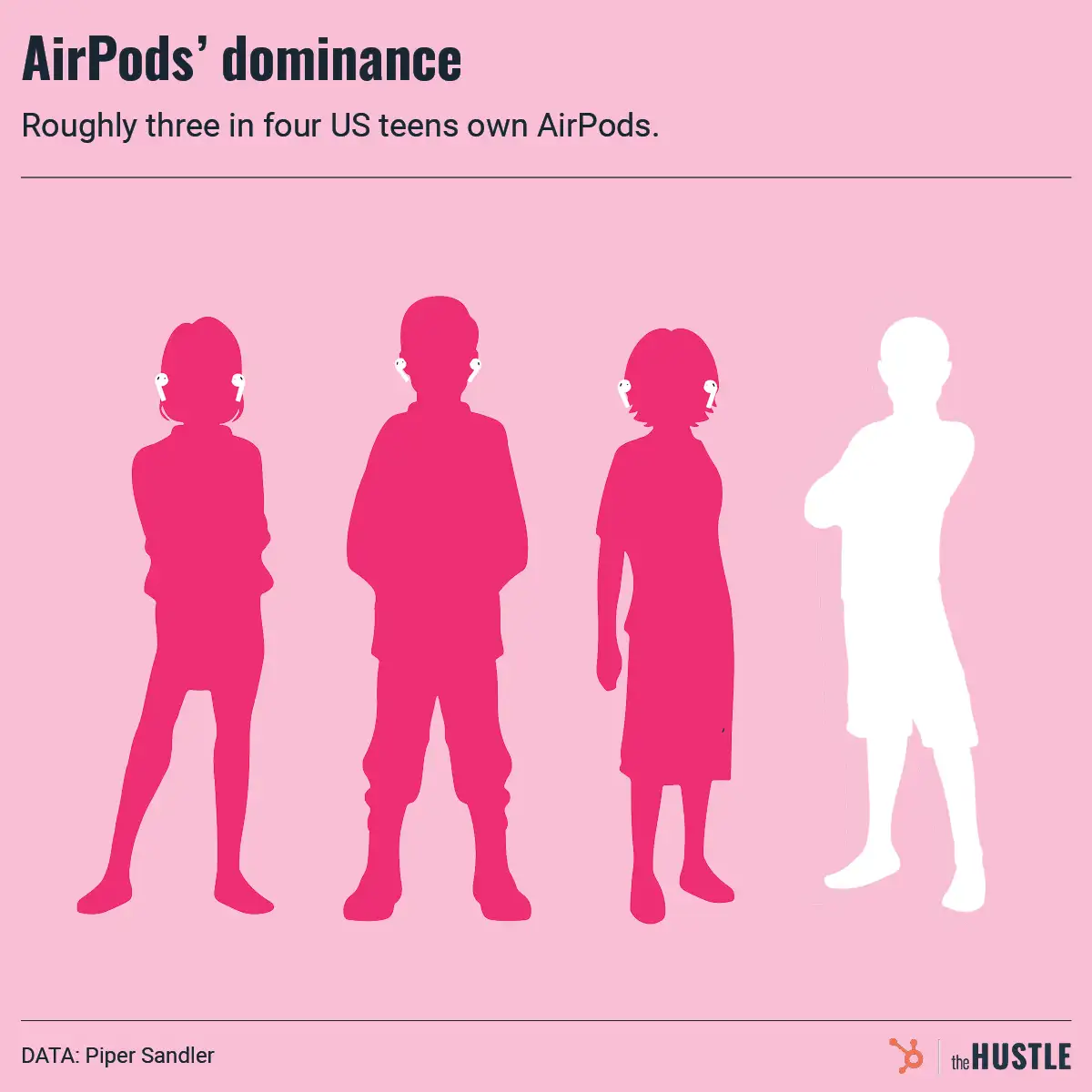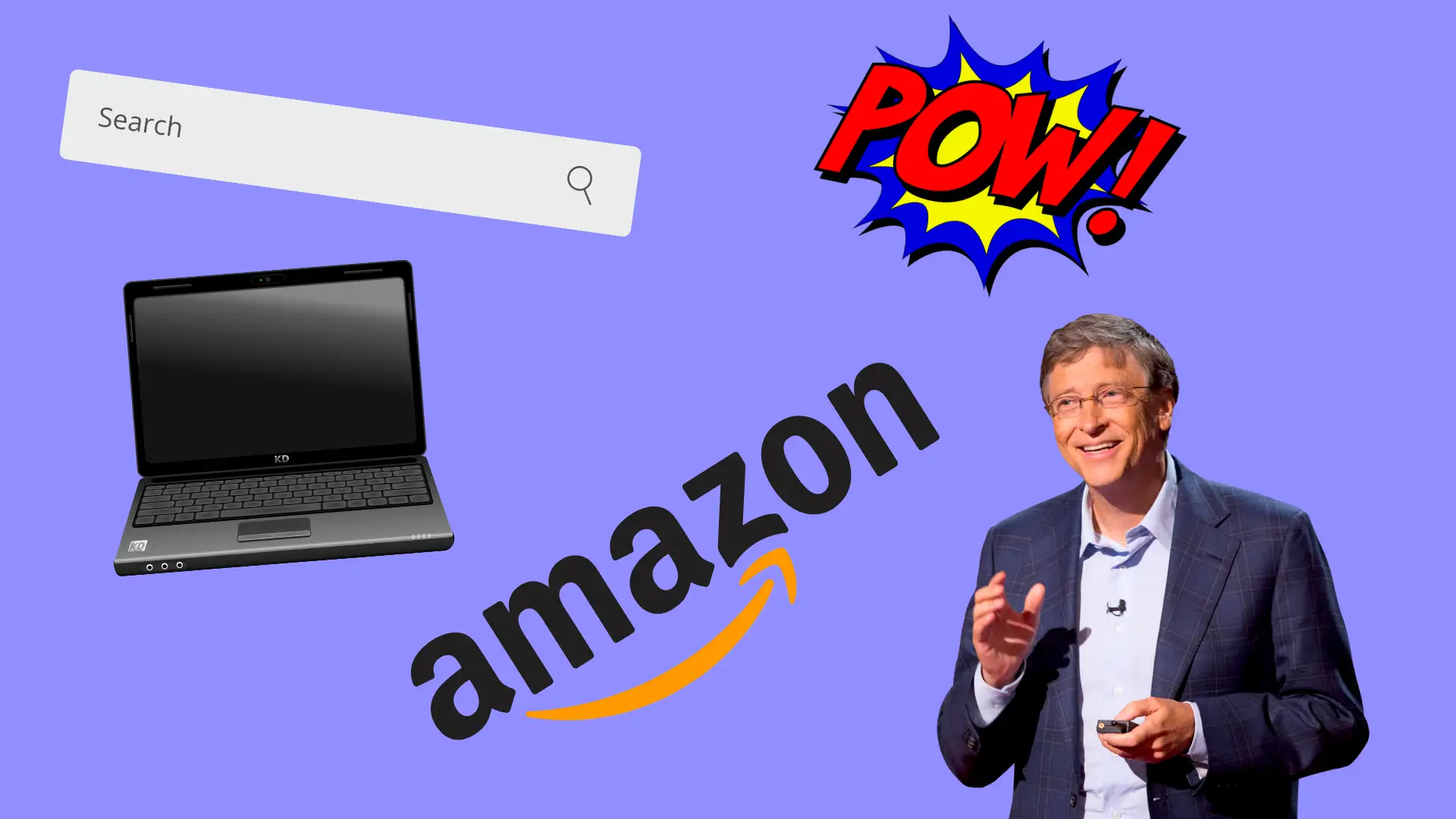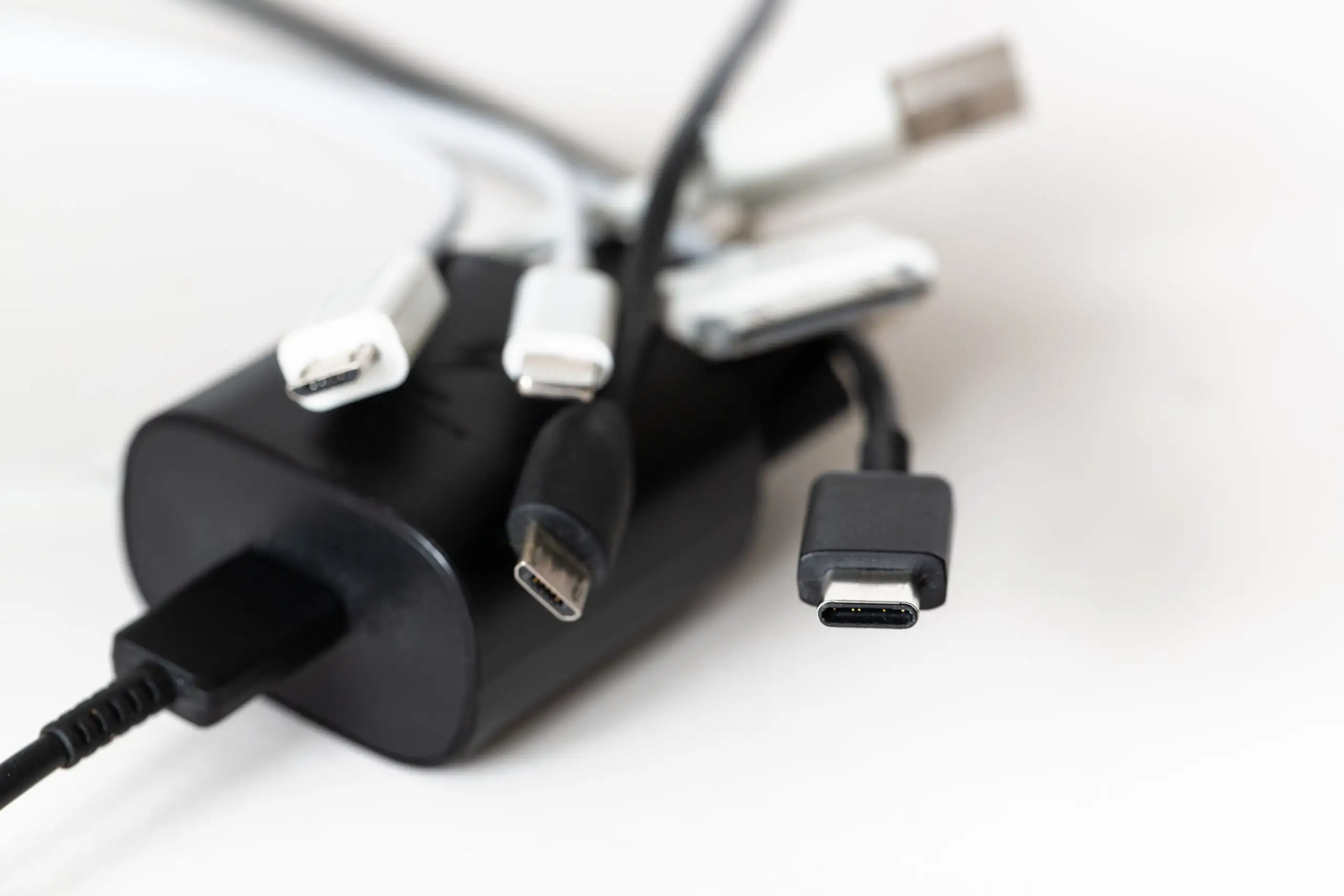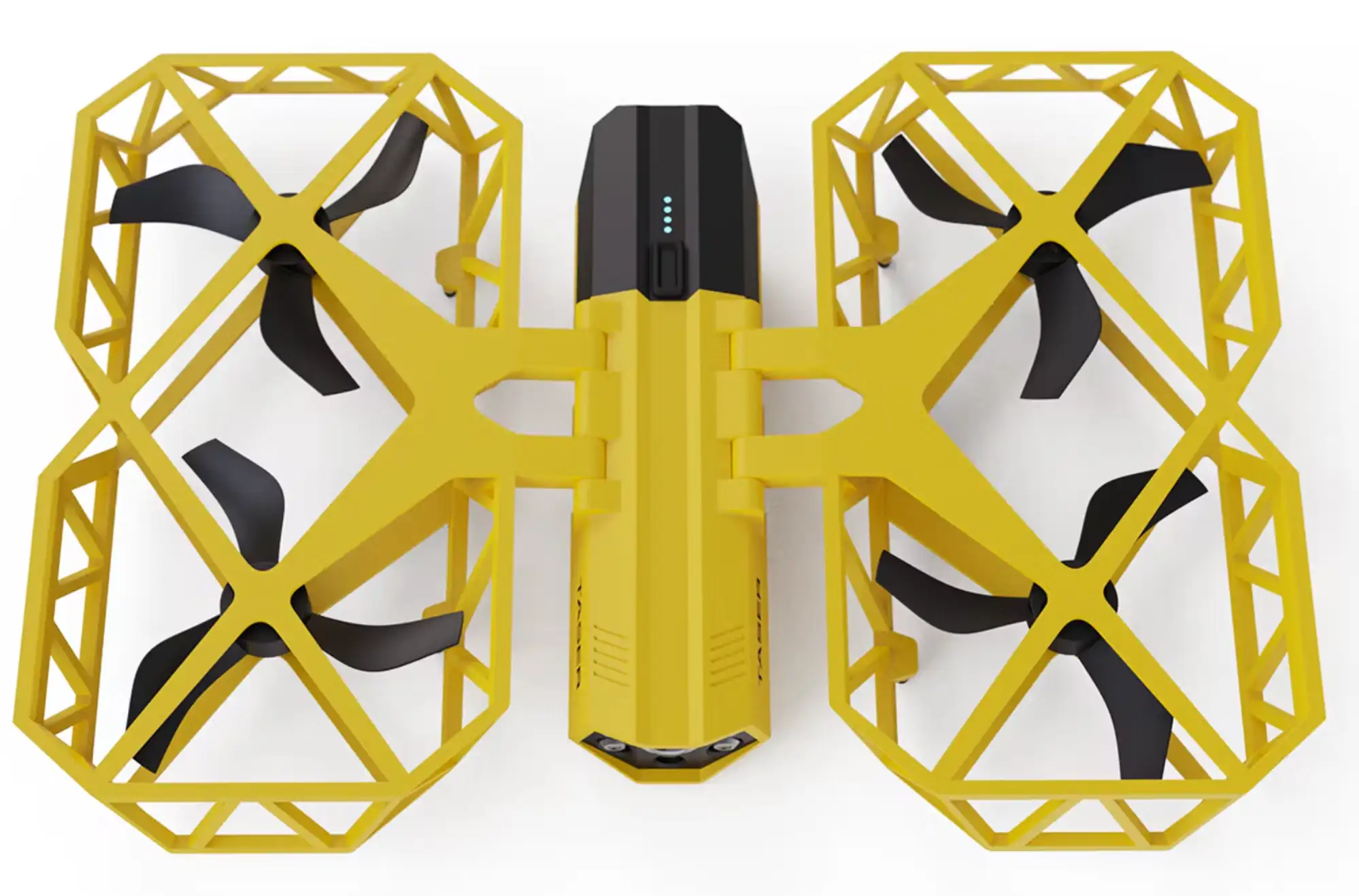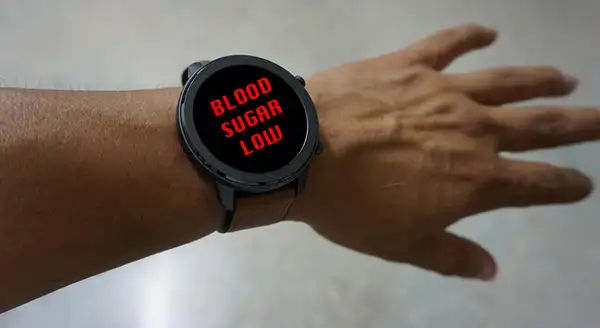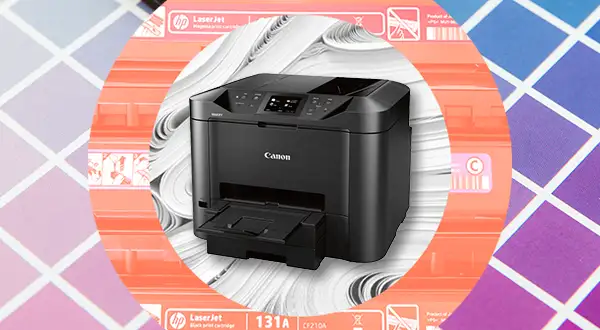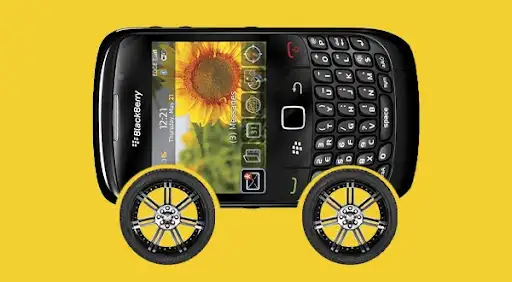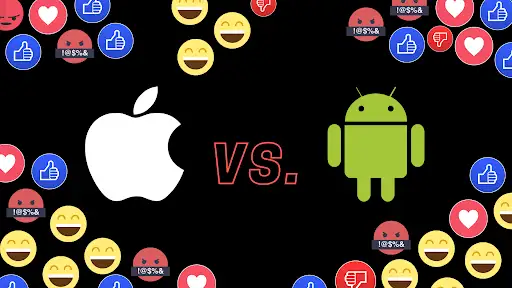We all know the pandemic juiced sales of toilet paper and hand sanitizer.

You can add PCs to that list, too.
According to Christopher Mims at The Wall Street Journal, quarterly PC sales were up 50%+ vs. 2019 as remote work became the norm.
Smartphones have taken over the world…
… but the PC — with a bigger screen, physical keyboard, and no Candy Crush app — is the better option for productivity.
And, to be really useful, PC manufacturers are trying to integrate the best parts of the smartphone experience:
- Longer battery life
- Thinner and more portable sizes
- High-quality cameras (for
ughZoom meetings) - And, soon, direct cellular network connection including 5G
While the changes are nice, we remain adamantly against all attempts of turning laptops into foldable tablets.
Apple has pushed the industry
Mims writes that Apple’s decision to build its own PC chip (M1) is forcing competitors to play catch-up.
By closely integrating software and hardware, Apple’s laptops and desktops are blazing fast.
The one-size-fits-all approach pioneered by Intel — which still powers ~80% of laptops — is changing. PC makers are embracing the new ethos by tapping chip designer Arm and manufacturers like Qualcomm and MediaTek for custom chips.
The big winner might be Google
“Thanks largely to rapid adoption in the education market,” writes Mims, “[Google’s] Chromebooks as a share of PCs sold have exploded in the last 18 months.”
Chromebook laptops — which are built around the Chrome OS and browser-based productivity — are among the most affordable options.
Even with Google’s gains, the entire market is growing for the first time in a decade, and there’s a prize worth fighting for.
Just in time for the madness: Microsoft will announce its new Windows PC operating system on June 24.


